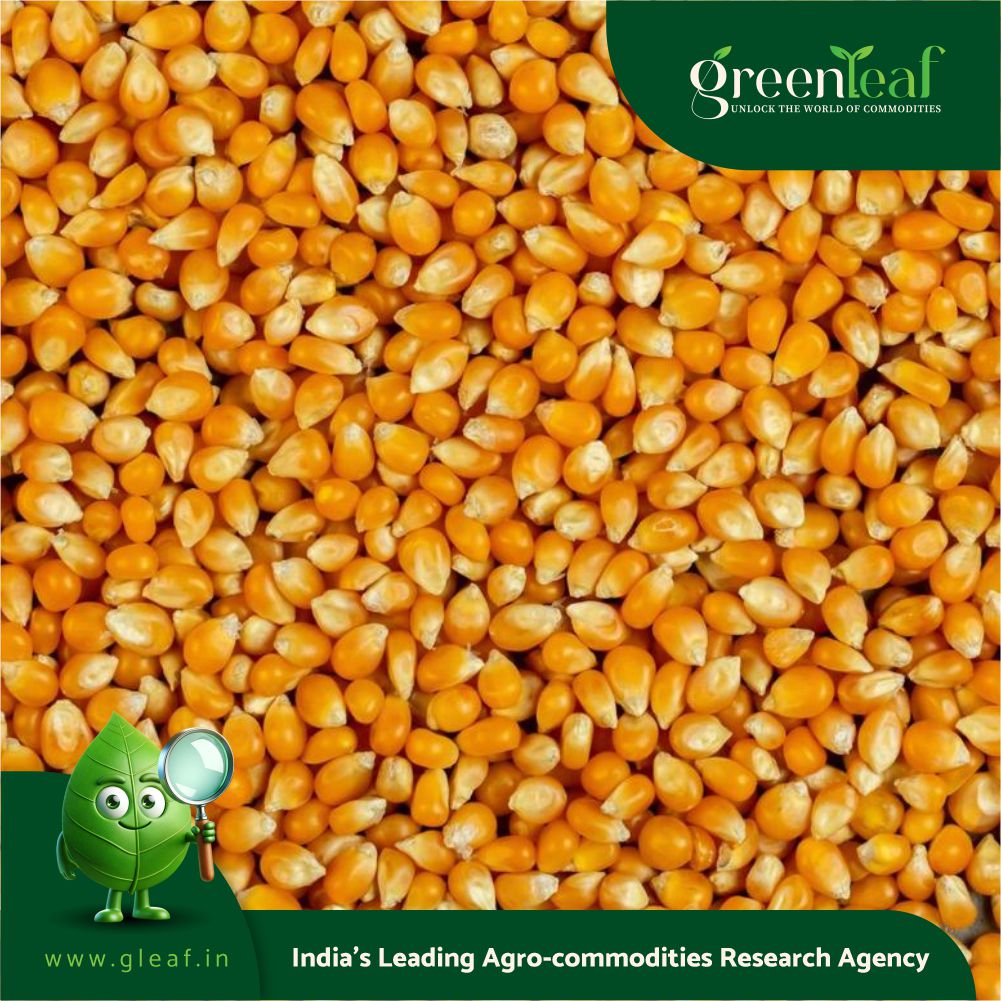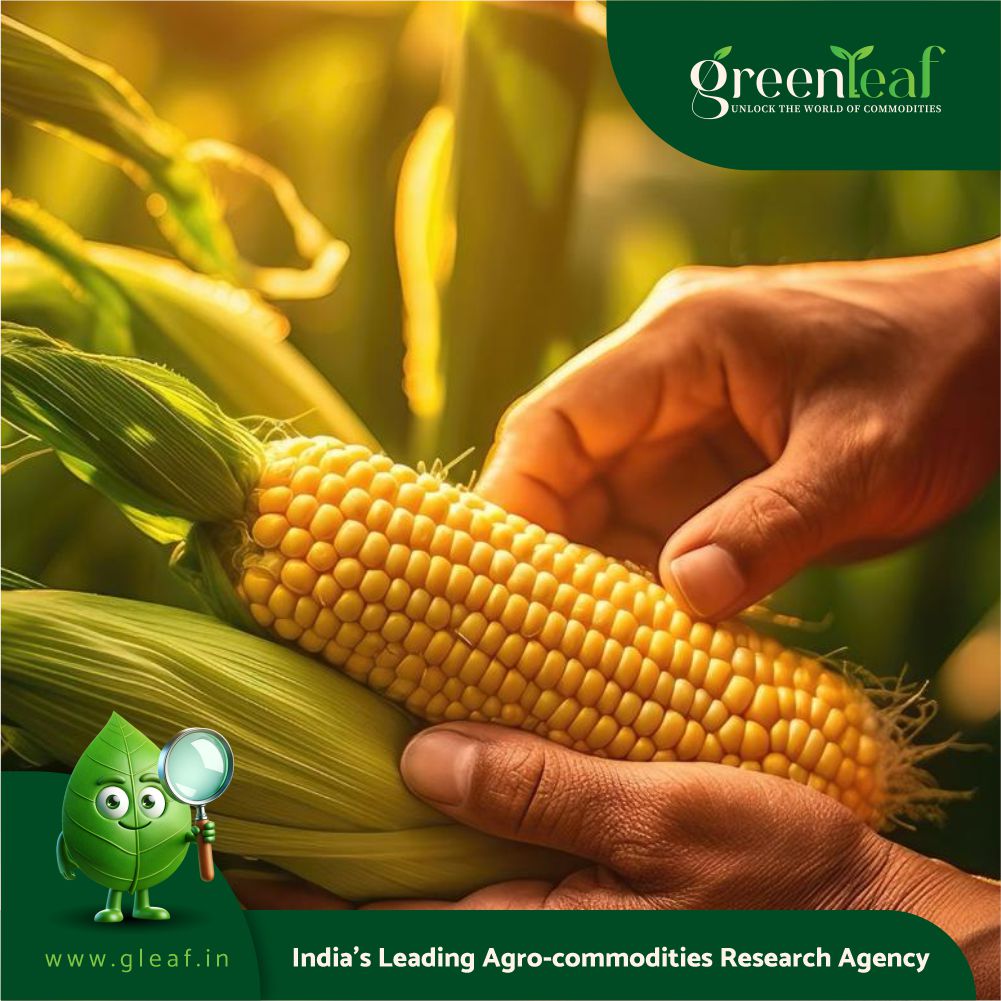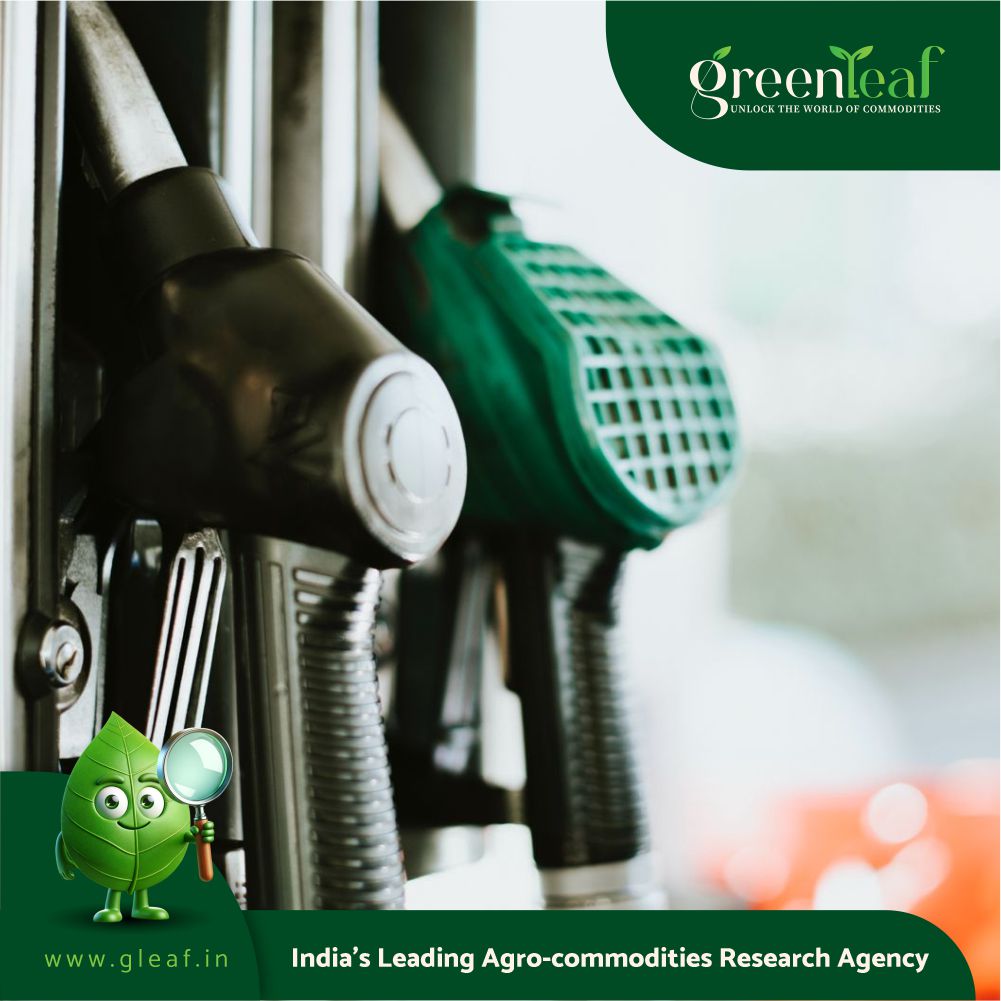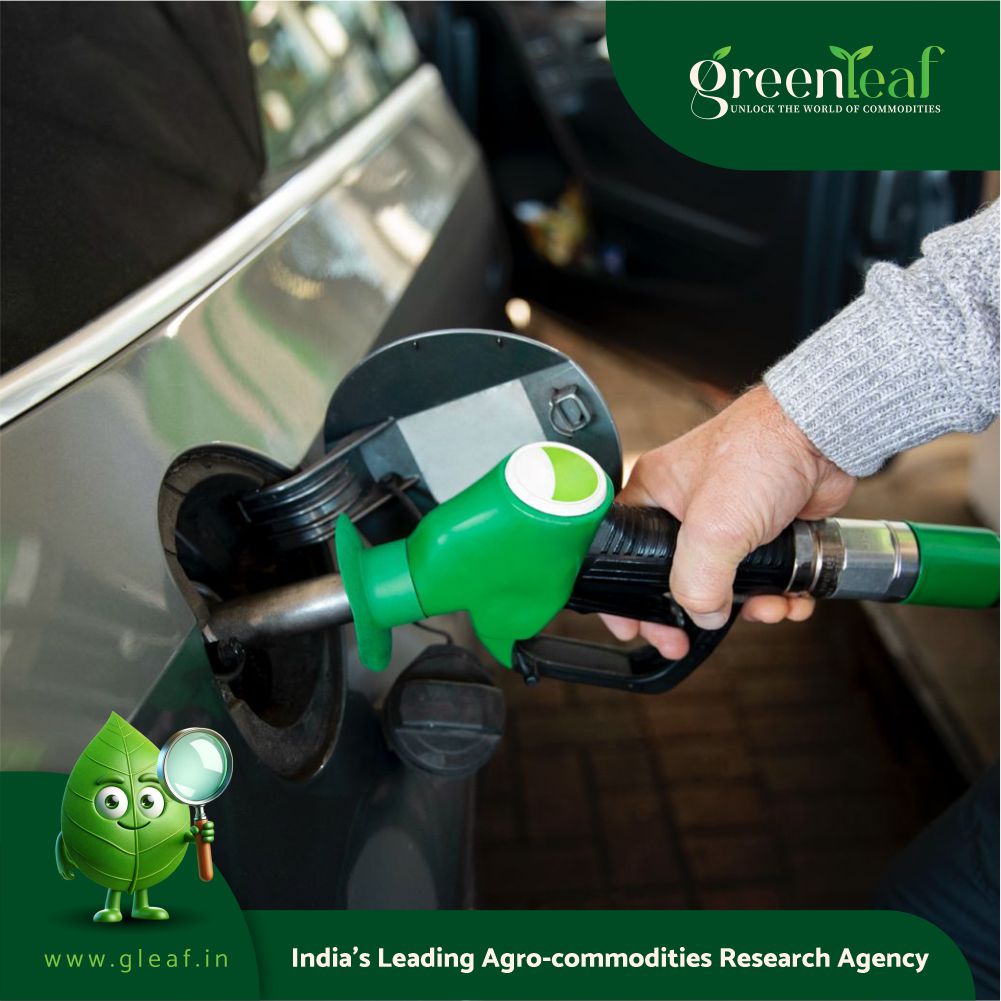Even as India and the United States work towards finalising a bilateral trade deal – ahead of a looming July 9 deadline for the reimposition of President Donald Trump’s so-called reciprocal tariffs – at least two major domestic agricultural-based industries are worried about the possible concessions that a deal might entail.
The sugar industry, for one, is against allowing imports of ethanol for use in blending with petrol. The mills aren’t also very keen on import of genetically modified (GM) maize/corn as a feedstock for fuel ethanol. The US is the world’s top producer as well as exporter of both maize and fuel ethanol.
The second is the soyabean processing industry. The Indore-based Soybean Processors Association of India (SOPA) has vehemently opposed imports of soyabean. The US is the second biggest producer and exporter of this leguminous oilseed after Brazil. Both countries mostly grow GM soyabean.
Given the US’ high stakes in these commodities – and the geopolitical imperative to find a sizeable alternative market to China – there’s significant pressure on India to remove restrictions on their imports.
But any such opening up in the India-US trade deal could encounter resistance from the two well-established agro-processing industries.
What sugar millers fear
The ethanol-blended petrol programme has been a success story of the Narendra Modi-led government.
But the industry’s concerns are over the feedstock used for ethanol production.

Till 2017-18, the entire ethanol for blending in petrol came from molasses, the leftover dark syrup after extraction of sugar crystals from cane juice. From 2018-19, the mills-cum-distilleries also began using cereal grains (mainly broken or old rice unfit for human consumption) as feedstock. Since 2023-24, the ethanol supplies from grain-based feedstock, particularly maize, has overtaken that from sugarcane molasses and whole juice (Chart 2).
For the 2024-25 supply year, a total 1,047.9 crore litres of ethanol have been contracted or made available to OMCs. Out of that, 710.4 crore litres or nearly 68% is from grain-based feedstock, including 483.9 crore litres from maize, 119 crore litres from the Food Corporation of India’s surplus rice and 107.5 crore litres from damaged/broken grains. Only the balance 337.5 crore litres are from molasses (144.7 crore litres) and sugarcane juice (192.8 crore litres).
“As it is, sugarcane is being marginalised as a feedstock. It would be worse with imports of maize or even ethanol itself,” says a miller from Uttar Pradesh.
According to him, the industry was already facing the prospect of stagnant, if not declining, domestic sugar consumption: “Our future isn’t sugar, but energy. Today, it is 20% ethanol-blended petrol. Tomorrow, it may be 5% blending in diesel or ethanol being converted through additional processing into sustainable aviation fuel producing lower carbon emissions compared to petroleum jet fuel”.















